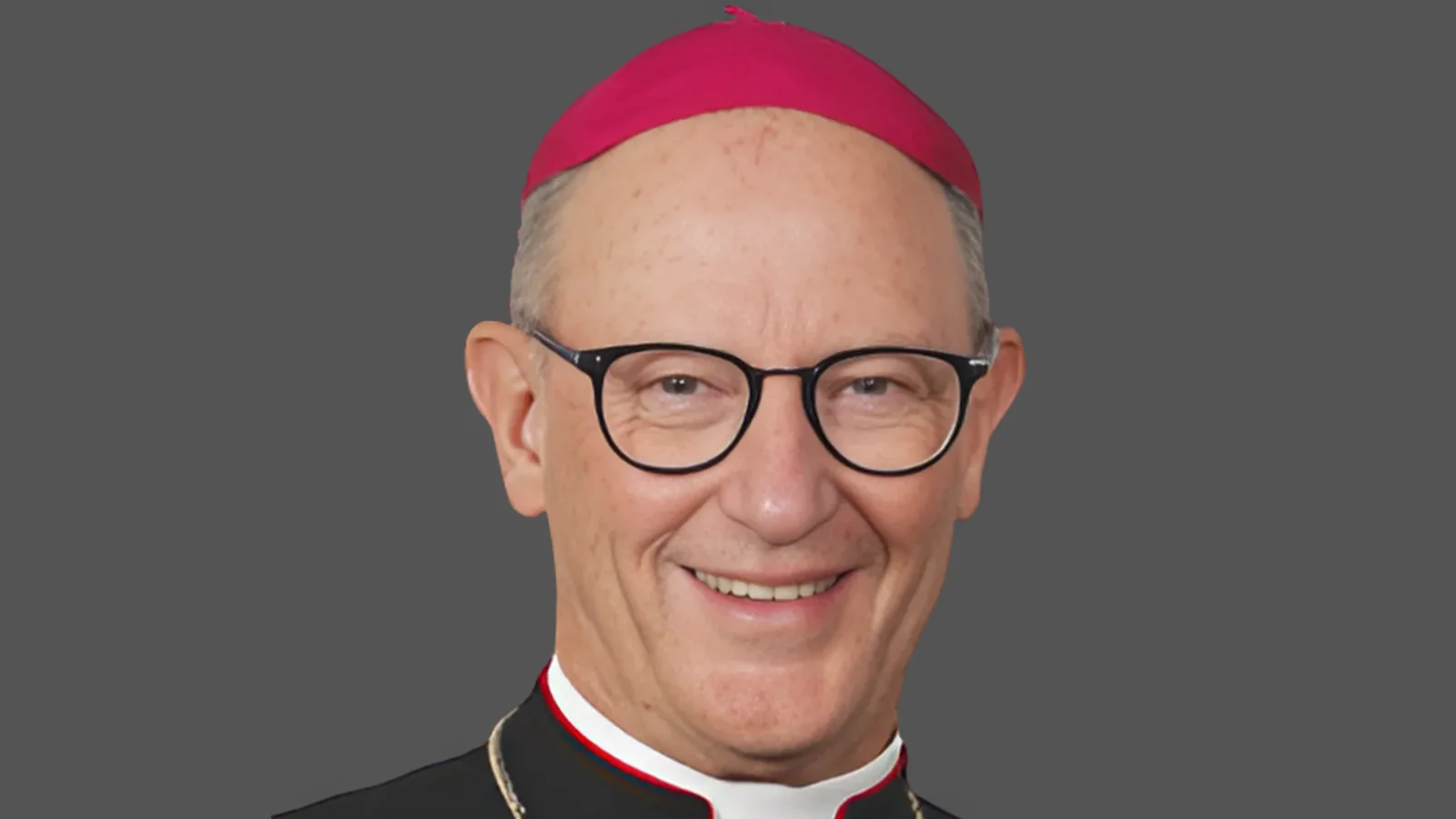
Bishop James D. Conley, Served the Catholic Church | Diocese of Lincoln
The Catholic Church teaches that Sacred Tradition is a key part of its doctrine, passed down orally from the Apostles and developed through the work of the Church Fathers. This concept of Tradition, distinct from customs or practices that can change over time, is considered by the Church to be infallible and unchanging.
According to Church teaching, Sacred Tradition complements Sacred Scripture as one half of God’s revelation to humanity. Both are seen as never contradicting each other but instead providing interpretation and expansion on core truths. The Magisterium, or teaching authority of the Church, is responsible for protecting and interpreting both Tradition and Scripture.
Examples of doctrines rooted in Tradition include beliefs such as the Divine Motherhood of Mary, papal infallibility, and the True Presence of Christ in the Eucharist. These teachings also have support in Scripture but are clarified and explained further through Tradition. In contrast, traditions with a lowercase “t”—such as liturgical colors or priestly celibacy—are regarded as disciplines that can change.
The Second Vatican Council’s dogmatic constitution Dei Verbum emphasizes this relationship: “Sacred Tradition hands on in its full purity God’s word.” The document also states that Tradition should be “venerated with the same sense of loyalty and reverence” as Scripture.
Both forms—Tradition and Scripture—are inseparable within Catholic theology and must be interpreted together by the Magisterium. While popes cannot alter Sacred Tradition or Scripture, they do have authority to interpret them. The First Vatican Council in 1870 affirmed this role for the pope regarding governing Tradition.
Scriptural passages such as 2 Timothy 3:14-15 and 2 Thessalonians 2:15 are cited by Catholics to show biblical support for oral tradition alongside written texts. Early Christian leaders like St. John Chrysostom also emphasized belief in unwritten traditions handed down from the Apostles: “[The Apostles] did not deliver all things by epistle, but many things also unwritten... Therefore, let us think the tradition of the Church also worthy of credit.”
While most Protestant denominations reject Sacred Tradition in favor of sola Scriptura—the idea that only Scripture holds authority—the Catholic perspective points out that early Christians relied solely on oral tradition before any formal collection of Biblical texts existed.
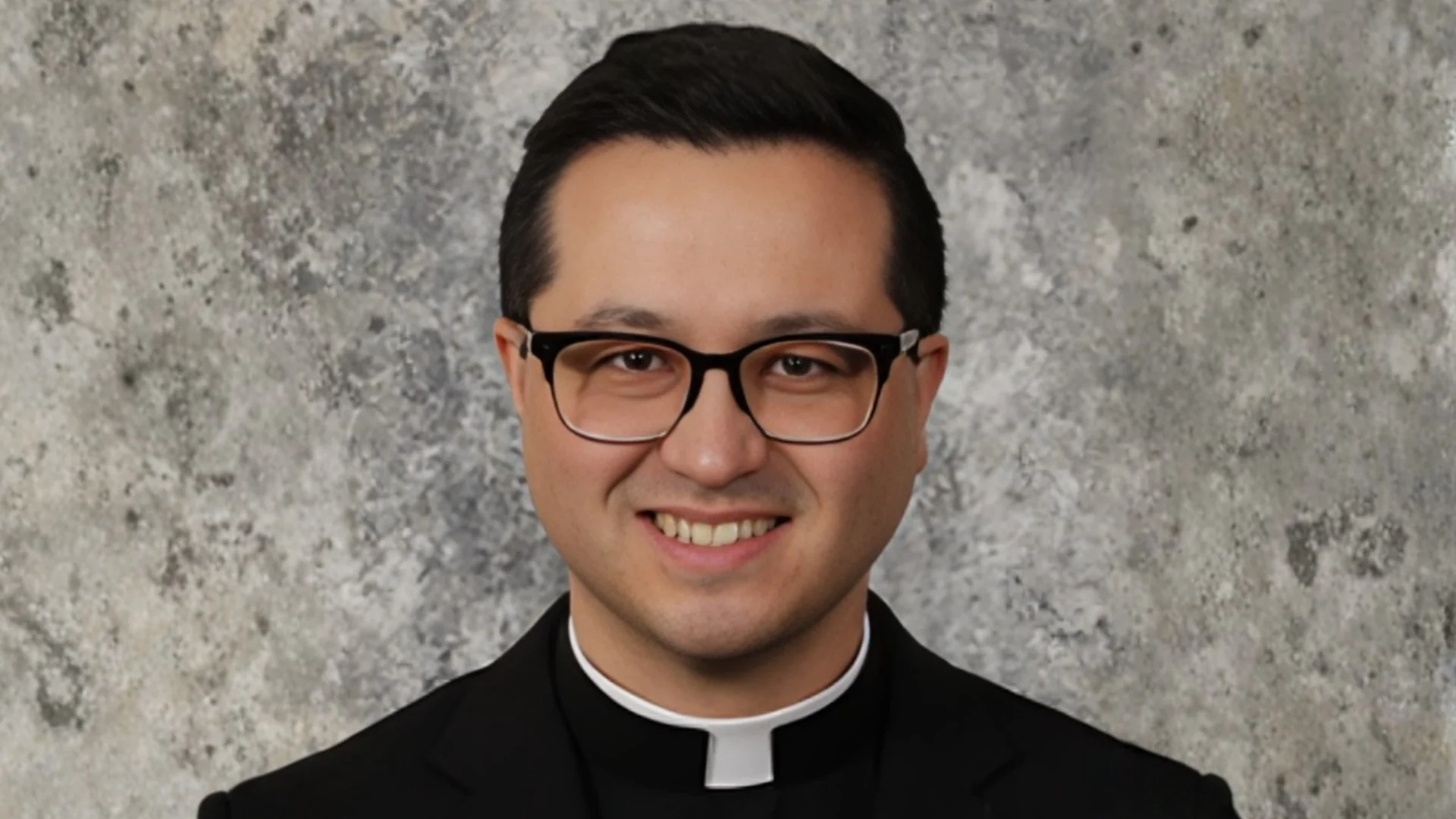
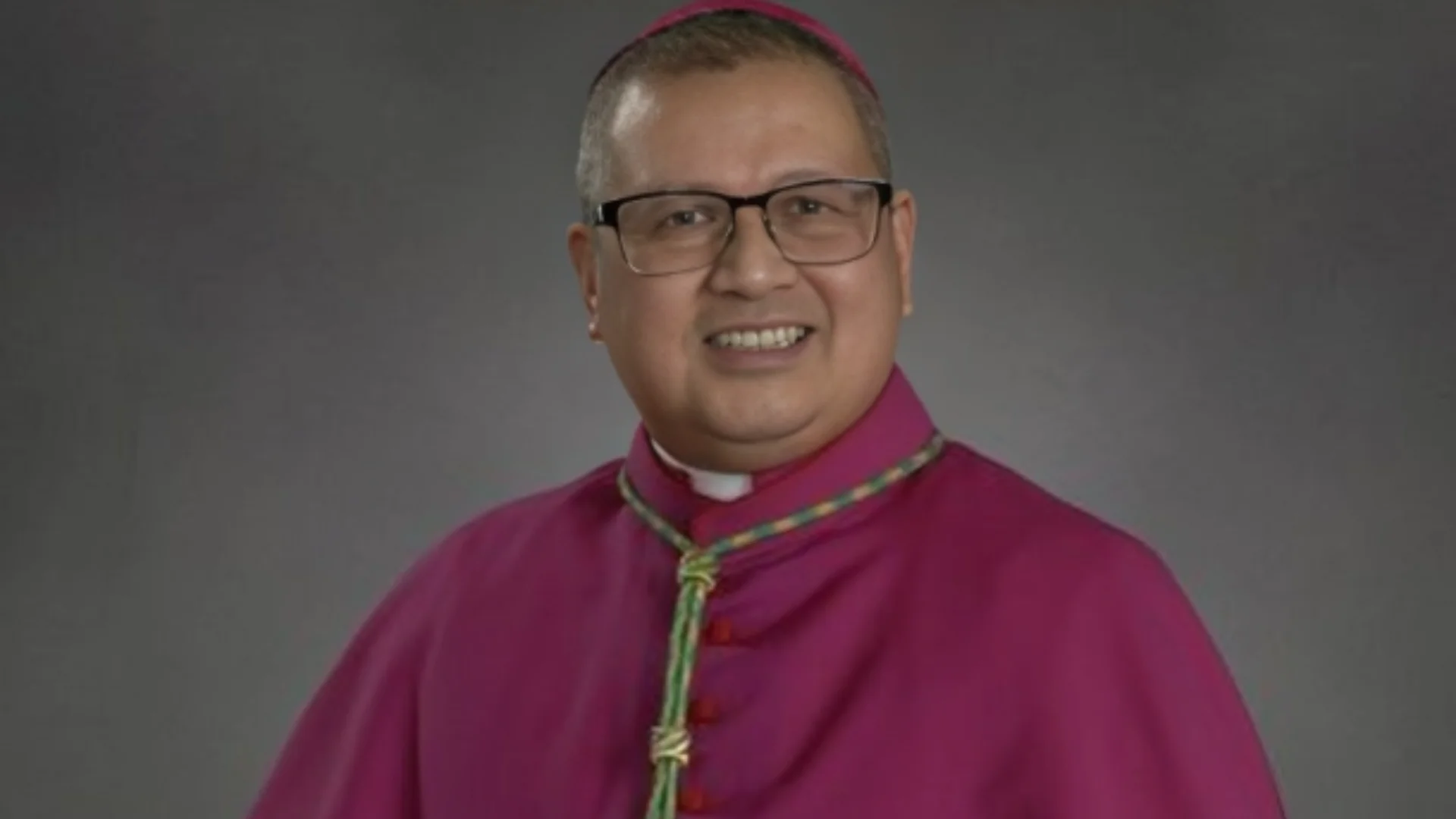
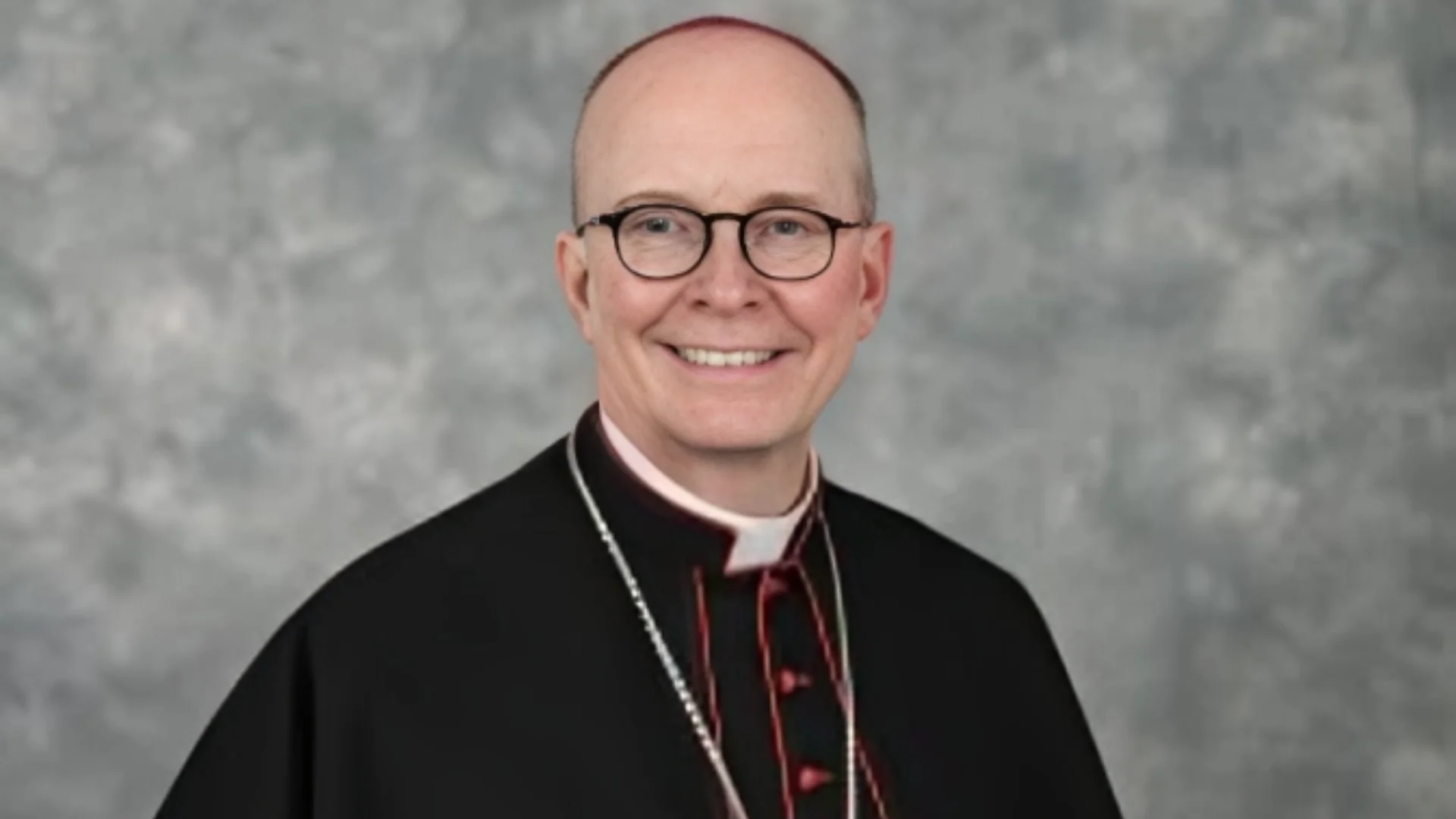
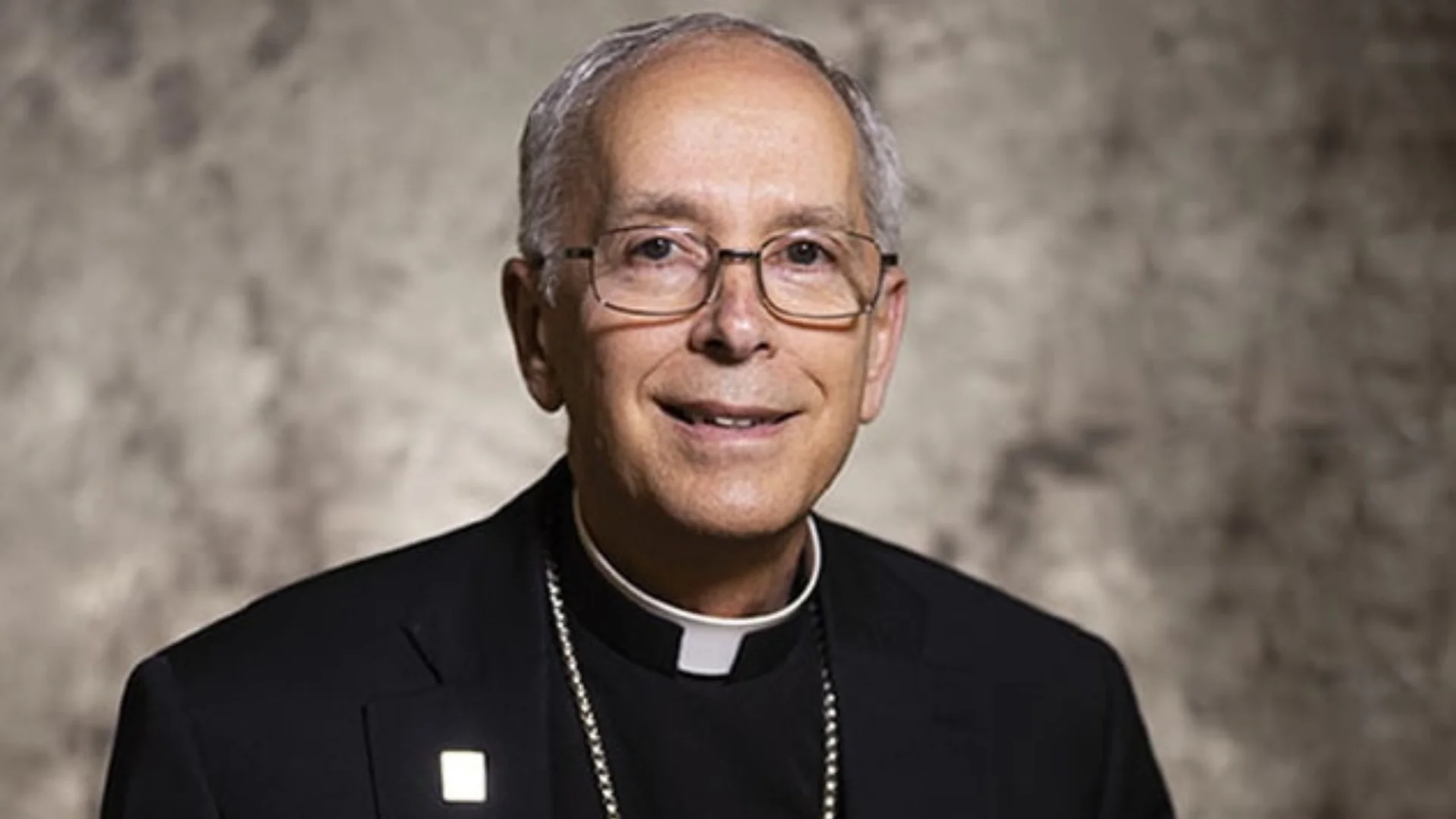

 Alerts Sign-up
Alerts Sign-up